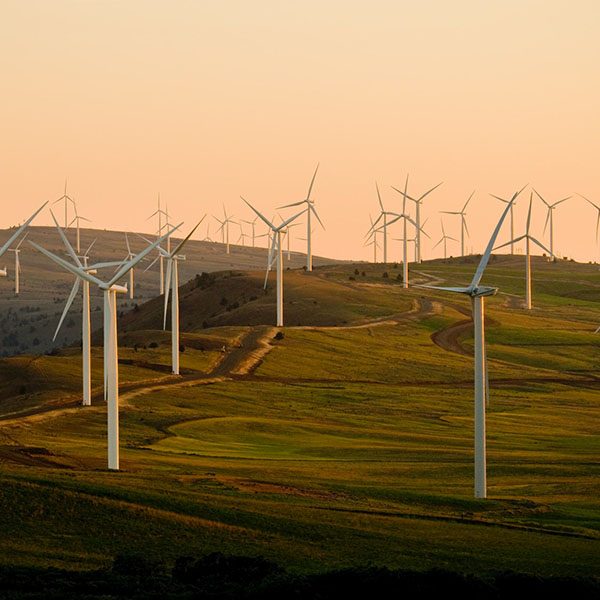
Last July 10, 2021, the President of the Republic sanctioned Law 2099 of 2021, whereby provisions are issued for the energy transition, the dynamization of the energy market and the economic reactivation of the country. The following are five fundamental aspects of the Energy Transition Law to be considered:
- Amendments are introduced to Law 1715 of 2014 on the declaration of public and social interest, which consists on the promotion, stimulation and incentive to the development of generation activities, use, storage, administration, operation and maintenance of non-conventional energy sources (FNCE), mainly those of renewable sources (FNCER). The qualification of public utility or social interest will have positive impacts for this type of projects, as it will have preference rights in issues related to land use planning, urbanism, environmental planning, economic promotion, positive valuation in administrative procedures and forced expropriation. The new regulation includes those projects related to storage within those that can be part of the declaration of public and social interest, which is a nod to the development of such projects for the purposes of energy efficiency and energy transition.
- Green hydrogen is added as a FNCER and blue hydrogen as FNCE. Green hydrogen is produced from FNCER such as biomass, wind energy, geometric energy, solar energy, tidal energy and small hydropower. On the other hand, blue hydrogen is produced from fossil fuels, especially by the decomposition of methane and its production process has a system of carbon capture, use and storage.
- The Ministry of Mines and Energy (Minenergía), or the entity designated by it, must establish guidelines for the development of geothermal energy in Colombia, and must create a geothermal registry in which all projects intended to explore and exploit geothermal energy to generate electricity will be registered. Minenergía may establish special registration conditions for already existing projects of co-production of electric energy and hydrocarbons, in order to avoid the overlapping of projects, define the areas that will not be subject to registration and determine conditions, terms, requirements and obligations.
- The National Government will develop the necessary regulations for the promotion and development of carbon capture, utilization, and storage (CCUS) technologies. CCUS should be understood as the set of technological processes whose purpose is to reduce carbon emissions in the atmosphere, capturing the CO2 generated on a large scale from fixed sources to store it under earth in a safe and permanent manner. Under the same logic, the National Government will design a public policy to promote research and local development of technologies for the production, storage, conditioning, distribution, reelectrification, energy and non-energy uses of hydrogen and other low-emission technologies within six months after the entry into force of this law. Furthermore, Minenergía will promote the reconversion of mining and hydrocarbon projects that contribute to the energy transition. For this purpose, the National Hydrocarbon Agency and the National Mining Agency may design mechanisms and agree on conditions in current and future contracts that encourage the generation of energy through FNCE, the use of alternative energy sources, and the capture, storage and use of carbon.
- The policy for the development of electric energy services in the Non-Interconnected Zones (ZNI) is strengthened through: (i) service reliability, (ii) transfer of resources for lower tariffs, (iii) transfer of assets, and (iv) hybrid solutions.